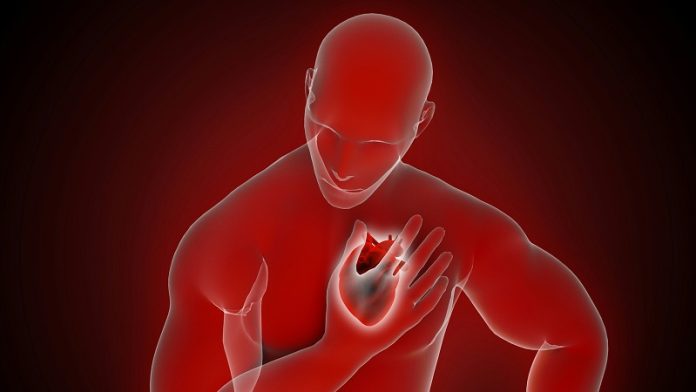
Scientists at the Smidt Heart Institute at Cedars-Sinai have found a new way to help the heart heal after a heart attack—by boosting the body’s natural anti-inflammatory cells.
The method, which was tested in mice, could one day help people recover better and reduce the risk of future heart problems.
Every year, more than 800,000 people in the U.S. have a heart attack.
While most people survive, many still suffer long-term damage.
That’s because the immune system can sometimes overreact after a heart attack, causing too much inflammation. This added stress can weaken the heart and increase the chance of heart failure.
Dr. Eduardo Marbán, senior author of the study, explained, “Thanks to modern medicine, most people survive heart attacks.
But a lot of them end up with damaged heart tissue because their immune system goes into overdrive.”
The research team focused on increasing special immune cells called regulatory T-cells, or Tregs.
These cells help calm the immune system and prevent too much inflammation. In the past, doctors tried to boost Tregs by removing them from the patient, growing more in a lab, and putting them back into the body. But this takes weeks, which is too slow for someone who just had a heart attack.
So, the Cedars-Sinai team tried a different approach. They looked for a way to make the body create more Tregs on its own—quickly.
They found that tiny fluid-filled sacs called extracellular vesicles could help. These vesicles carry an RNA molecule called BCYRN1, which plays a key role in increasing the number and activity of Treg cells.
In their experiment, the team gave mice infusions of these vesicles just 15 minutes after the mice had heart attacks. The results were impressive. Mice that received the treatment had more Tregs in their hearts, less tissue damage, and less inflammation. Their hearts also kept more of their ability to pump blood.
“This is a big step forward,” said Dr. Ke Liao, the study’s lead author. “We showed that BCYRN1 really helps reduce inflammation and protect the heart, and that we can deliver it effectively using these vesicles.”
The vesicles were made using special heart cells developed by Dr. Marbán over many years. These cells naturally produce high levels of BCYRN1.
Though the study was done in animals, experts believe the findings could lead to new treatments for heart attack patients in the future—and possibly help with other conditions like lupus and organ transplant rejection.
“This research opens up exciting new paths for creating better treatments,” said Dr. Jeffrey Golden, a top research leader at Cedars-Sinai.
If you care about heart health, please read studies about the best time to take vitamins to prevent heart disease, and scientists find how COVID-19 damages the heart.
For more information about heart health, please see recent studies about Aspirin linked to higher risk of heart failure, and results showing Blackcurrants could improve artery functions, blood pressure in older people.



